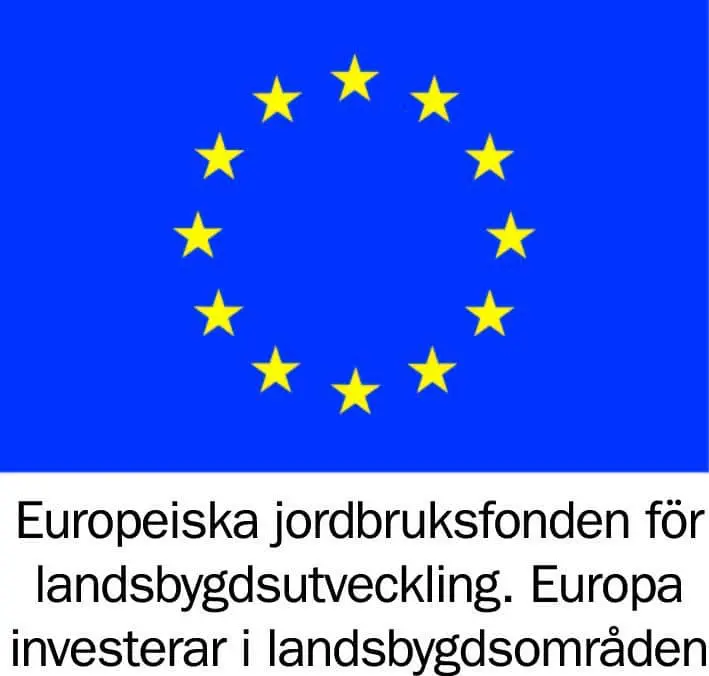At Salthamn we value and find it important to work to become as sustainable in our development as possible, both in regard to the smaller details as well as in the whole. We observe the surrounding nature, we learn from it, and we apply the solutions that we believe to result in positive feedback loops both for nature itself but also for the humans interacting with it.
Because for us at Salthamn, humans and nature are not two separate entities, rather we believe that we human beings are an intimate part of nature itself and thus believe that when nature thrives the human beings interacting with it also thrives. Because of this we continuously work to find new solutions that promote and imitate the closed-loop cycles in nature where biodiversity, self-sufficiency and health are the main goals of our enterprise.
As a restaurant, you always have to deal with some kind of organic waste. Whether it be the skin from onions, the leftover leafs from beetroots or carrots, or some leftovers from the guests – you unfortunately always end up with something that you discard. Salthamn is no exception to this rule, but we try to look at this problem from a sustainable perspective. What if we could turn this waste back into healthy organic matter that we return to the soil which grew the onions, beetroots and carrots?
We incorporated the Agrenco Green Box in our enterprise as a solution to the problem of the waste being produced at Salthamn. The Green Box turns waste, paper, and cardboard boxes into a sterile biological mass which we in autumn and spring use as a fertilizer for the soil which we grow these vegetables from. Or rather, we incorporate the biomass into the soil, which in turn is processed by funghi, worms and other microorganisms that in their turn feed the soil.
At Salthamn we share the vision of being a place where sustainability and genuine Gotlandic experiences are the focal points of our establishment. We strive to become a place for people to meet each other, and the natural environment.
We want to give back to the environment and therefore work with regenerative agriculture through a permaculture design approach to ensure we have a holistic concept of the activities at Salthamn.
We work towards our goal with a slow but hearty tread, giving ourselves the space to look back, analyse and re-evaluate what works for us.
We want Salthamn to be a place that sparks the curiosity of ourselves as well as the guests visiting, where those that return year after year are constantly met with new experiences. Salthamn should be a place open to the common man to join in, take part of, and share knowledge about a sustainable future. We take pride in our cooperation with local farmers, producers, suppliers, and other perspicacious, unique and experienced farmers and enthusiasts that also want to work towards this common goal.
This cooperation is not just about people as we also consider the cooperation with nature and with biodiversity to be of the utmost importance since we should never neglect the important work our pollinating friends contribute with. Only together can we make Salthamn the place we envision and dream about.
The water situation is problematic for people on Gotland. Longer growing seasons in combination with a more arid climate and dryer summers have in the last couple of years truly exposed the vulnerability of Gotland when it comes to its water resources. In collaboration with the European Union Agricultural Fund for Rural Development, we at Salthamn are investing in establishing two ponds with a combined area of approximately 1,32 hectares.
The purpose of these two ponds is to promote biodiversity through design and location, to ensure a self-reliance on irrigation for our different agricultural practices, and also to act as a phosphorus- and nitrogen trap which in turn inhibits the over fertilization of the Baltic Sea. The establishment of the ponds will start in spring/summer of 2022 and the ponds are expected to be operational for the 2023 season.
